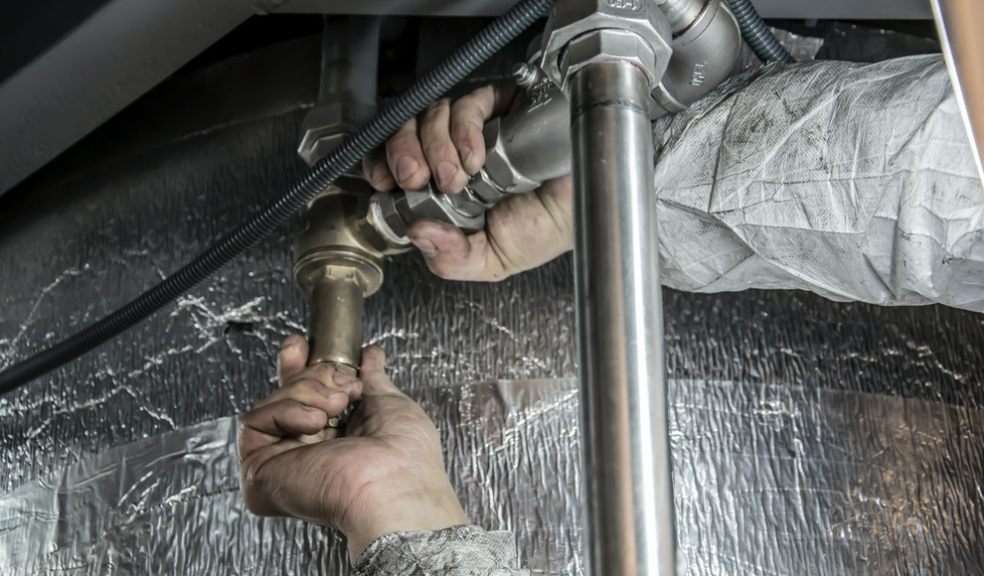
What are the common causes of home flooding?
Flooding is not only the most expensive but also the most frequent disaster in the US. Since the year 2000, it has cost American taxpayers a staggering $850,000 million.
What's more, is that America has experienced urban flooding events at least once every 2 to 3 days over the last 2 decades.
The problem is that you never know when house floods will strike. And when it does, the effects can be devastating. Unfortunately, your home insurance will not cover flooding.
However, knowing how house floods come about can help you prepare for such eventualities. In this post, we explore the common causes of house floods.
Natural flooding
Natural floods are more prevalent in certain areas. Every few years, homeowners in these locations have to contend with heavy rains and floods. If you live in such an area, it is prudent to monitor the changes in weather conditions frequently.
During the monsoon season, scrutinize the weather forecast reports. Examine the terrain surrounding your house and ensure it can withstand heavy rains.
If you suspect that the downpour will be heavy, prepare in advance. Make sure that your gutters and drainage systems are working properly. It may sound like a lot of work, but this can protect your home from potential flooding.
Faulty Appliances
Old household appliances have a higher chance of malfunctioning. For this reason, it is vital to keep an eye on your aging appliances. Monitor their waterlines, service the appliances, and repair any damages in good time.
The objective is to avoid a scenario where the dishwasher or washing machine malfunctions. Before you know it, your entire house becomes flooded.
Moreover, 1 inch of water can cause damages that will cost you over $25000. Get a flood insurance quote to protect your possessions from house floods.
Faulty Drainage Systems
Faulty drainage systems are vulnerable to flooding in many ways. The problem could be structural or due to clogging.
Sometimes, plumbers can overlook certain issues when designing your drainage system. In the event of a heavy downpour, the water flow will overwhelm the system. Consequently, this will result in home flooding.
Apart from that, a clogged sink or toilet can lead to house floods. In many cases, the damage from such an incident goes beyond your floor. You will find that the water damage has affected the walls and other fixtures within your house.
Leaky gutters are also sensitive. They can redirect the water to the walls or inside your home when it is raining and cause water damage.
Regular inspection of your home's drainage system will protect you from house flooding.
Broken Pipes
When a pipe from your main water line bursts, it is only a matter of time before your house floods. Broken pipes cause many flooding incidences. Sometimes, it starts with a slow leak. If you leave it unattended, it eventually translates into a bigger problem.
Calling a plumber as soon as you identify a leaky pipe could save you from a potential flood. Besides that, ensure everybody in the house knows the location of the main valve. In case of a broken pipe, they can respond by shutting off the water and waiting for the plumber.
Water Heaters
Water heaters can lead to house flooding in several ways. For instance, an old water heater tank can burst. Usually, the explosion will not only lead to flooding, but also injuries to anyone nearby.
Floods resulting from water heaters are tricky. First off, their tanks are always in a location that you hardly frequent. Hence, when the tank starts leaking, it will take some time before you find out.
By the time you notice something is wrong, it might be too late. Aside from the leaks, water heater tank overflows can also lead to flooding.
If your water heater has seen its better days, think about replacing it to reduce its chances of bursting. Additionally, inspect your water heater tank for any leakages frequently.
Sump Pump Malfunction
A sump pump is a small device that plumbers install in your basement. The role of this pump is to minimize the risks of flooding in the underground section of your home. It is especially effective when there is a water build-up in your basement.
Nonetheless, sump pumps are electrical and mechanical devices that can fail. Malfunctioning sump pumps will easily do extensive water damage.
Avoid skipping your quarterly and annual sump pump maintenance. Such checkups fend off any possibility of sump pump malfunction.
Damaged Foundation
A lot of work goes into building the foundation of your home. Contractors strive to get foundation aspects such as waterproofing right.
Even so, the foundation of your home can still develop cracks and other flaws. As a consequence, it will no longer hold off the water as it should. This makes your home vulnerable to flooding and water damage.
If your foundation is showing some signs of damage, call foundation repair experts to have a look. In case of any problem, they can fix it and save from the dangers of house flooding.
What to do after a Flood?
Apart from the physical damage, house floods exposes us to a lot of health hazards. These include electricity, infections, and allergies and so on. For this reason, you should be cautious when reentering you home after a flood.
If you have insured your home against flooding, notify your insurance provider after a house flood. Also, document all the relevant evidence to support your claim when the time comes. If possible, record a video and take photos of the damage.
Do not attempt to access the section of the house that has been affected by the flood. There could be faulty power lines, and you risk getting electrocuted. Wait until the authorities give you the go-ahead to access your home.
Learn More About House Floods
A house flood is always a painful ordeal that most homeowners can avoid. Not, unless it is a result of a natural disaster, you can implement the prevention tips in this piece. However, ensuring your home against floods is the best way to protect your possessions against house floods.
If you feel that this article was informative, check out our blog for more insightful content.













